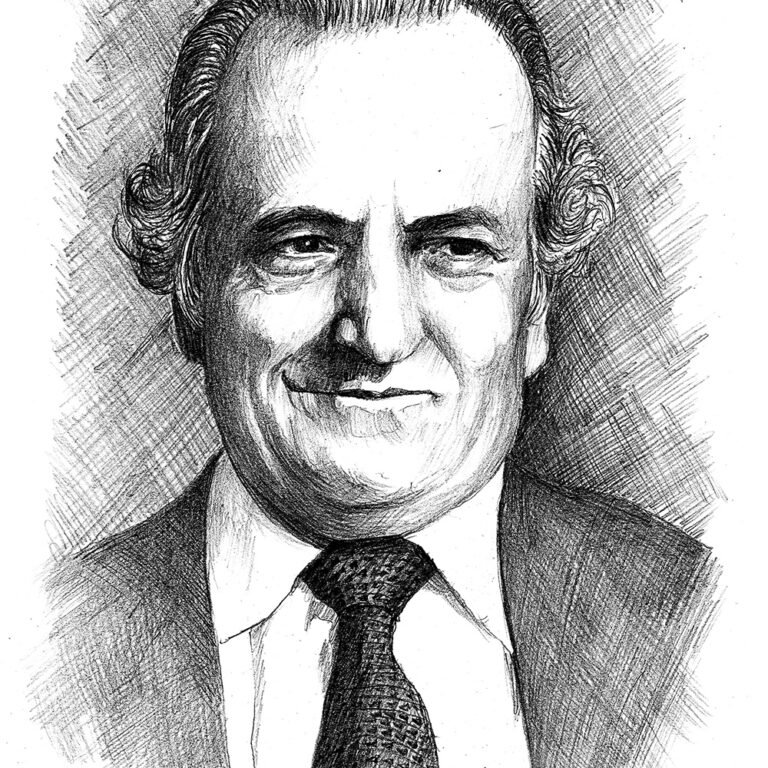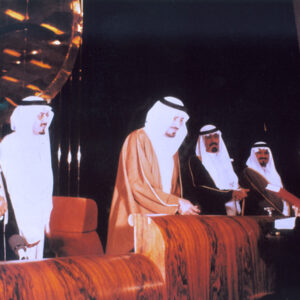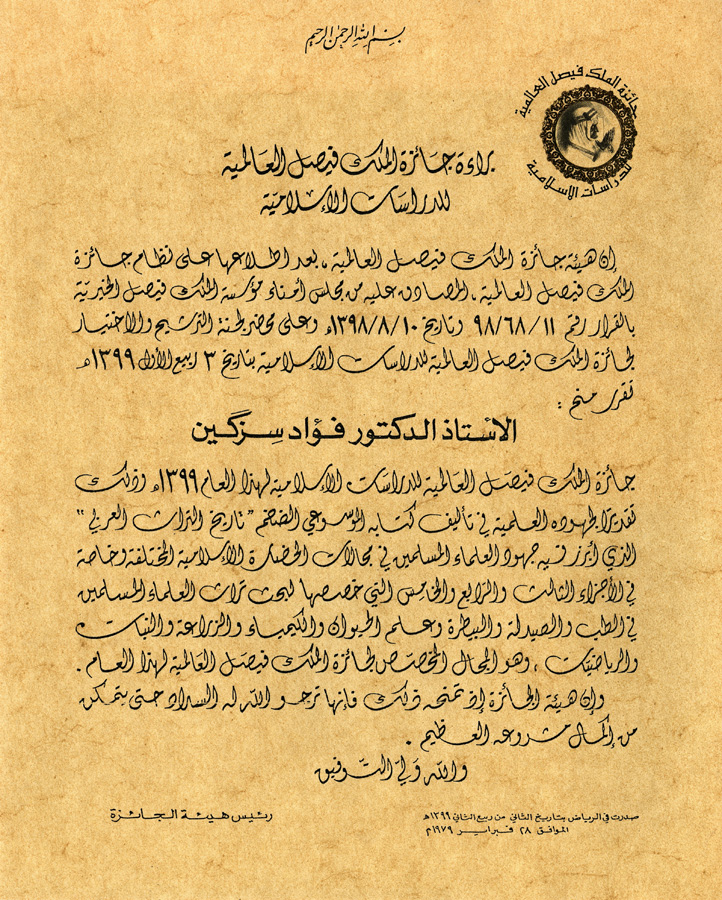

Professor Fuat Sezgin
King Faisal Prize in Islamic Studies 1979 Laureate
Topic: "Studies Dealing with the Influence of Muslim Scholars on European Civilization"
The nature and characteristics of the Islamic and Arabic sciences form a massive epoch in the public history of universal sciences

Fuat Sezgin obtained his M.A. in Oriental Studies and Ph.D. in Islamic Studies and Philosophy at Istanbul University, where he also studied and commanded Arabic. He became a Professor of Islamic Studies at the Institute of Islamic Studies in Istanbul, before moving to Germany in 1960. In 1965, he was appointed as a Professor of Islamic Natural Sciences at the University of Frankfurt. His research focused on Islam’s Golden Age of Science. Professor Fuat Sezgin was a world-renowned authority on the history of Islamic science.
Professor Sezgin made prodigious contributions to the study of Islamic history and civilization. One of his outstanding achievements is The History of Arabic and Islamic Heritage, a mammoth, 13-volume text that projects the role of Muslims in the advancement of human civilization in virtually all aspects of knowledge. He spent 40 years collecting material for the book, which is recognized as the finest and most thoroughly documented work of its kind.
Over a period of 30 years, he compiled more than 400,000 ancient manuscripts on Islamic science, which he located in Europe, Africa, India, Turkey, Russia, and the Middle East. Sezgin was the first to fabricate replicas of instruments and tools invented by ancient Islamic scientists based on information and drawings in ancient manuscripts.
He was a member of the Turkish Academy of Sciences, the Royal Moroccan Academy, and the Arabic Language Academies of Cairo, Damascus, and Baghdad.
This biography was written in the year the prize was awarded.
- He authored many books including:
- Takeekh Al-Turath Al-Arabi (13 Volumes), (1967-2018).
- V7: Astrology, Meteorology, and Related, (Brill), (1979).
- V8: Lexicography (Brill), (1982).
- V9: Grammar (Brill), (1984).
- V10-13: Mathematical Geography and Cartography in Islam (Brill), (2000-2007).
- Takeekh Al-Turath Al-Arabi (13 Volumes), (1967-2018).
- He received many prizes including:
- Goethe Medal from the City of Frankfurt in 1980.
- Germany Appreciation Medal in 1982.
- The Iranian World Prize for Book of the Year in 2006.
- The Grand Federal Prize for Arts and Culture in 2013.
- Turkish Ministry of Culture and Tourism Prize in 2016.
- He established the Institute of the History of the Arab Islamic Sciences in 1982.
- He founded the Institute of the History of the Arab Islamic Sciences Museum in 1983.
- In 1984, he began editing the Journal for the History of Arabic-Islamic Science.
- In 2012, he established the Islamic Sciences History Center in Istanbul.
- Professor Fuat Sezgin passed away in Istanbul on 30/6/2018.


